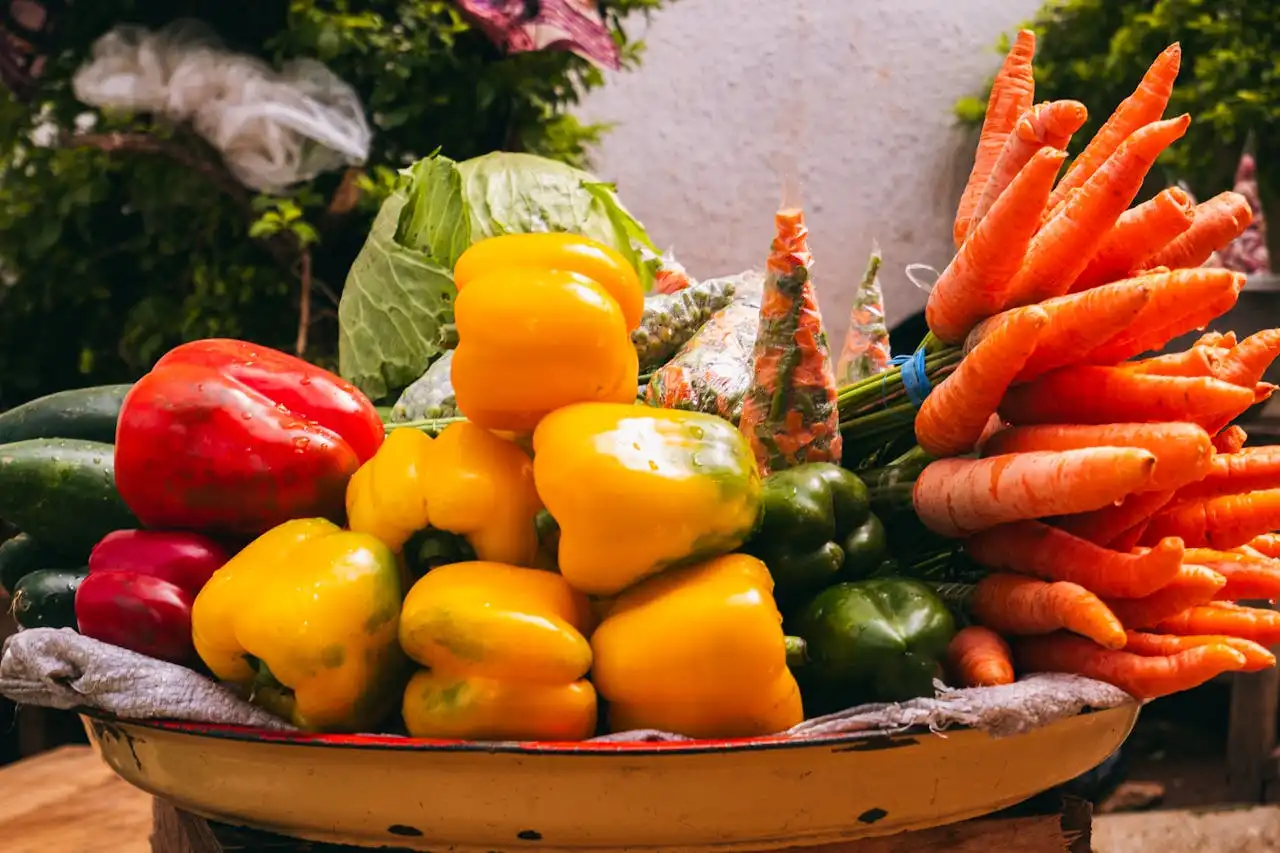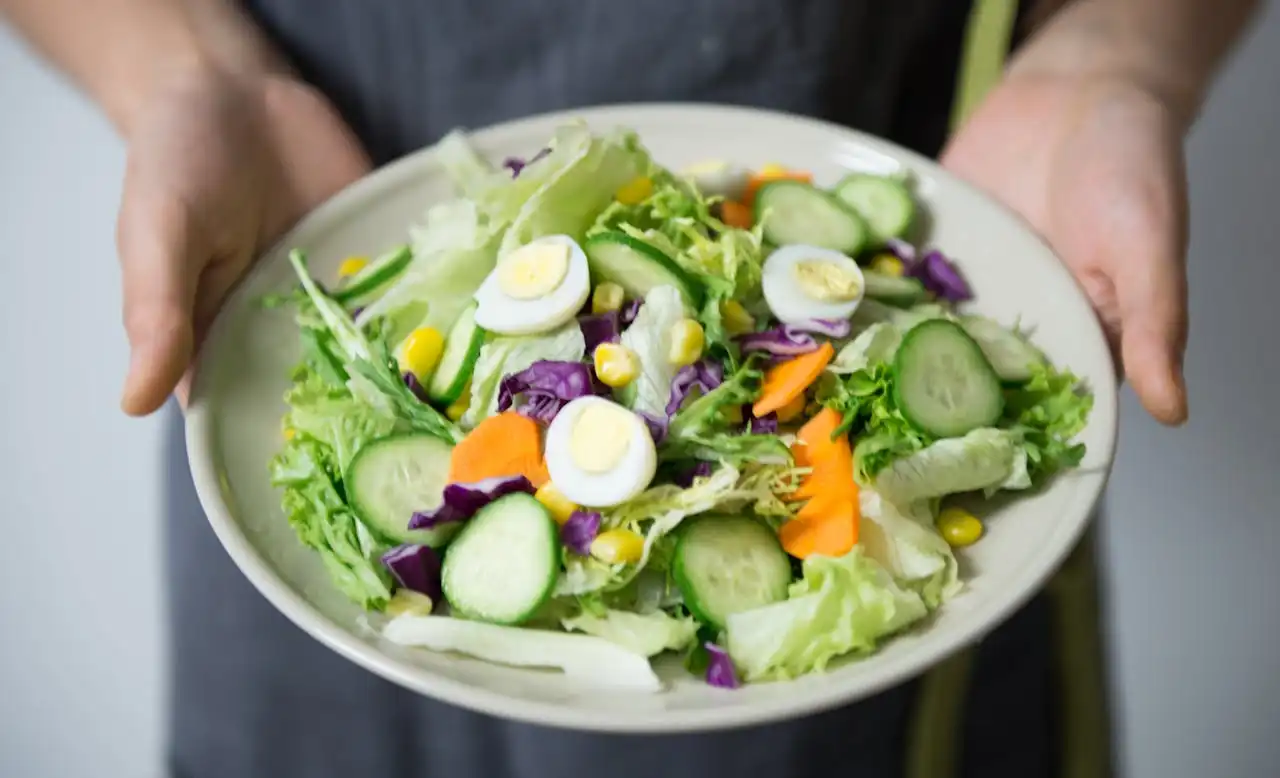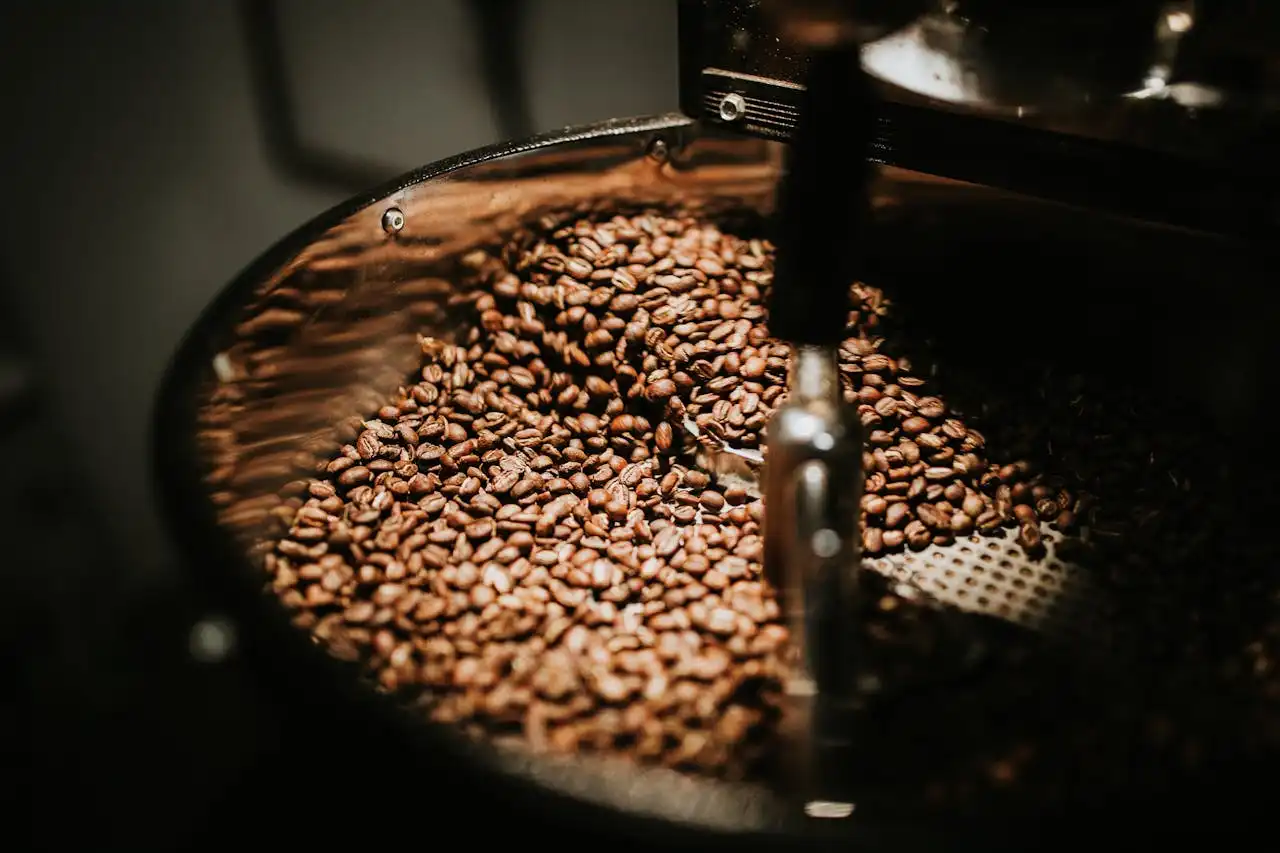Fueling Your Run: What to Eat (and Avoid!) Before You Hit the Pavement
Muhe - Friday, 15 August 2025 | 11:00 AM (WIB)


The Carb Crusaders: Your Energy MVPs
When it comes to pre-run grub, carbohydrates are the undisputed champions. They're your body's primary source of energy, getting broken down into glucose, which is then stored as glycogen in your muscles and liver. Basically, carbs are like your personal energy reservoir, ready to be tapped when you need to power through those miles. But not just any carb will do. We’re talking about easily digestible options that give you quick, efficient energy without bogging you down.Top of the list? Bananas! Seriously, they’re practically nature's energy bar. Packed with simple sugars and potassium (great for preventing cramps, by the way), a banana is a no-brainer for a quick energy boost. Then there’s good old whole grain bread or toast. Simple, effective, and won’t upset your stomach. Spread a little plain jam if you want, but keep it light. Oatmeal is another fantastic choice, especially if you have a bit more time before your run. It delivers sustained energy, meaning you won’t crash halfway through your route. Just make sure it’s plain or lightly sweetened, not loaded with cream and sugar.Plain yogurt can also be a winner, offering a nice mix of carbs and a bit of protein, which helps with satiety. And for those on-the-go moments, a quality energy bar can be a lifesaver. Just be sure to check the ingredients list – you want something that’s not too high in fiber or unhealthy fats. And don't forget other fruits! Berries, apples (peeled if you have a sensitive stomach), or even a small orange can provide those natural sugars your body craves.The Gut-Wrenchers: What to Steer Clear Of
Now for the flip side. Just as there are foods that supercharge your run, there are others that are practically guaranteed to throw a wrench in your plans. The main culprits to avoid right before you get your cardio on are foods high in fat, fiber, or spice. Why? Because they take a lot longer to digest, and having a belly full of undigested food while you're bouncing along is a recipe for disaster. We’re talking cramps, stitches, heartburn, and let’s be honest, potentially needing an emergency bathroom break. And nobody wants that kind of mid-run drama!Think about it: that greasy burger might be delicious, but trying to run with it sloshing around in your stomach is like trying to run with a weighted vest on. High-fiber foods, while generally super healthy, can cause gas and bloating when eaten too close to a run. And spicy foods? They might give you a fire in your belly, but probably not the kind you’re looking for during a sprint. So, save the chili, the deep-fried goodness, and that super-fibrous salad for after your cool-down. Bland is often best when it comes to pre-run fuel.Timing is Everything: The Goldilocks Zone for Pre-Run Meals
Knowing what to eat is only half the battle; knowing *when* to eat it is just as crucial. It’s a bit of a Goldilocks situation: not too soon, not too late. For a larger meal, aim to finish eating one to three hours before your run. This gives your body ample time to digest the food and convert it into usable energy without leaving you feeling sluggish or nauseous. If you’re planning a longer run, this window is particularly important for stocking up your glycogen stores.But hey, life happens. Sometimes you wake up and just want to hit the trails without waiting around for two hours. For shorter runs (think 30-45 minutes) or if you’re pressed for time, a small, easily digestible snack can be eaten about 30 minutes prior. This is where that banana or a couple of dates truly shine. It’s just enough to take the edge off hunger and give you a quick burst of energy without feeling like there's a brick in your stomach.Don't Forget the H2O: Hydration is Your Best Friend
While we’re talking about fueling, let's not forget the unsung hero of every good run: water! No matter how perfectly you time your carbs, if you're not adequately hydrated, your performance is going to suffer. Dehydration can lead to fatigue, muscle cramps, and just a general feeling of misery. Make sure you’re drinking enough water throughout the day, and definitely sip some before you head out. For longer runs, carrying water with you or planning a route with water stops is a non-negotiable. Don't wait until you're parched; by then, it's often too late.Listen Up! Your Body Knows Best
Finally, and perhaps most importantly, is the golden rule: listen to your body. Everyone is different. What works wonders for your running buddy might send your stomach into a tailspin. That’s why it’s super important to experiment during your training runs. Never, ever try a new food or drink right before a big race or a particularly long run. You want to avoid any unexpected reactions that could derail your efforts. Pay attention to how different foods make you feel – do you feel energized? Bloated? Queasy? Your gut (literally!) will tell you what’s working and what’s not.So, there you have it. Fueling your run isn't rocket science, but it does require a bit of thought and planning. By focusing on easily digestible carbohydrates, avoiding the usual suspects that cause tummy trouble, nailing your timing, and staying hydrated, you’ll be well on your way to more energized, comfortable, and enjoyable runs. Happy trails, and happy eating!
How to Relax Your Mind During the Weekend
6 months ago

ChatGPT's Compassionate Turn: How AI Is Learning to Handle Mental Health Crises Better
6 months ago

Coffee vs. Tea: The Morning Brew Showdown That's More Than Just a Cuppa
6 months ago

Cracking the Code: Your Guide to Taming Those Beastly Migraines
6 months ago

Fuel Your Supercomputer: Five Foods That Will Level Up Your Brainpower
6 months ago

Unlocking Your Inner Shield: Five Veggies That Are Basically Superheroes for Your Immune System
6 months ago

Your Secret Weapon for Weight Loss? It's As Simple As Putting One Foot in Front of the Other
6 months ago

Forever Young: The Secret to a Glowing, Timeless Life
6 months ago

Your Gut Feeling is Right: How to Feed Your Inner Universe for a Happier, Healthier You
6 months ago

Navigating Your Daily Grind: When Does Your Coffee Habit Cross the Line?
6 months ago
